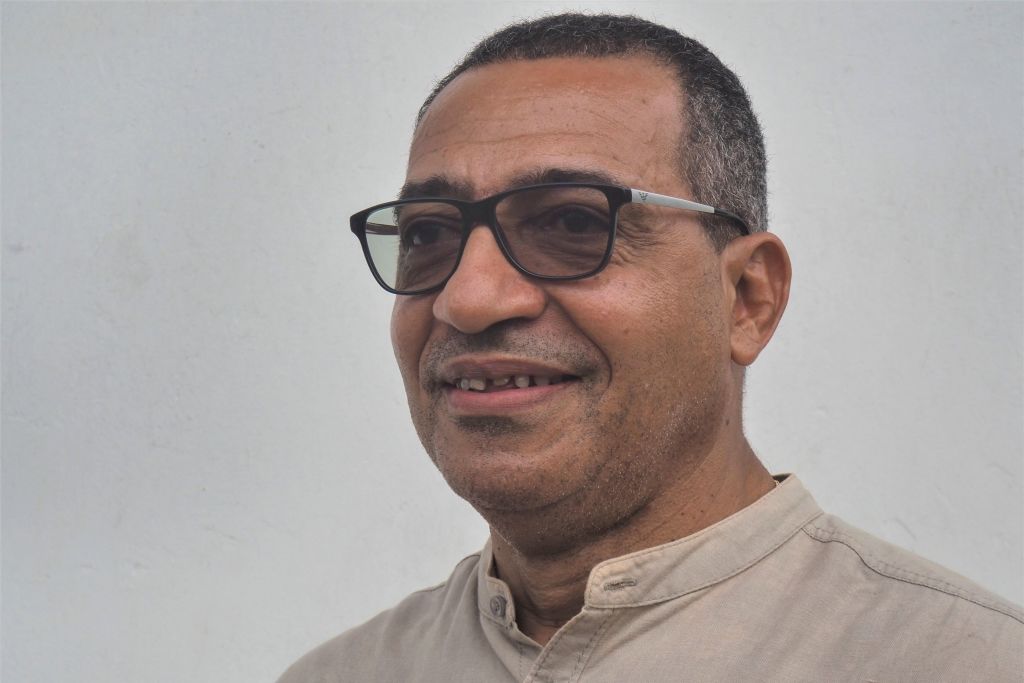ADF STAFF
The attempted coup that shook São Tomé and Príncipe in late November likely had its roots in the country’s national elections the previous year, according to experts familiar with the island nation’s politics and history.
The precise cause of the coup attempt remains under investigation by Portugal, which was invited to conduct the review by the current government.
The current government is led by President Carlos Vila Nova and Prime Minister Patrice Trovoada, who took office in October and November 2021, respectively. The attempted coup happened overnight on November 24-25, 2022.
In requesting the investigation, Vila Nova described coup-plotters as “those who do not accept the election results.”
Former National Assembly President Delfim Nevés was among 12 soldiers and four civilians accused of participating in the attempted coup. Nevés finished third in national presidential elections in July 2021. He also lost his leadership post in the National Assembly when his party lost its majority in government last year.
At the time, Nevés declared the election results fraudulent and filed a court challenge that delayed a second round of voting in September 2021. The court dismissed his challenge.
The November coup attempt was the third in nearly 20 years for São Tomé and Príncipe, which has earned a reputation as a model of democracy in Africa. Previous coups, in 2003 and 1995, were driven by soldiers unhappy with their salaries.
Jonathan Powell, a coup expert at the University of Central Florida in the United States, said that’s not the case this time.
Writing for the website Political Violence at a Glance, Powell notes that as National Assembly president, Nevés tried to delay the second round of presidential voting beyond the term of then-President Evaristo Carvalho.
Nevés argued that he then would become interim president until the elections were held. Nevés’s political opponents in the Independent Democratic Action party (ADI) accused him of orchestrating a de facto coup attempt. The ADI later won a majority in the National Assembly, costing Nevés his post as president of that body.
Along with Nevés, accused coup plotters included Alércio Costa, a former mercenary and member of South Africa’s disbanded 32 Battalion, also known as the Buffalo Battalion. Buffalo Battalion members also took part in São Tomé and Príncipe’s 2003 coup.
Gerhard Seibert, an expert on São Tomé and Príncipe at the University of Lisbon, sees something else driving the coup attempt: the commercial interests of the Christian Democratic Front, the Buffalo Battalion’s political party. Those interests include São Tomé and Príncipe’s prospective but as-yet largely untapped oil wealth.
Like Nevés, Costa was arrested at his home and identified as a “sponsor” of the coup attempt. He later died, the army said, when he jumped from a truck.
Trovoada reported that after the military disrupted the coup attempt, the army engaged in extrajudicial executions.
“At the very least there was a lapse in command,” Trovoada told Portugal’s Lusa news agency. “The people under the responsibility of the Armed Forces cannot die, they are in detention.”

